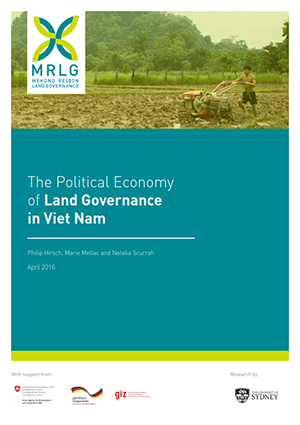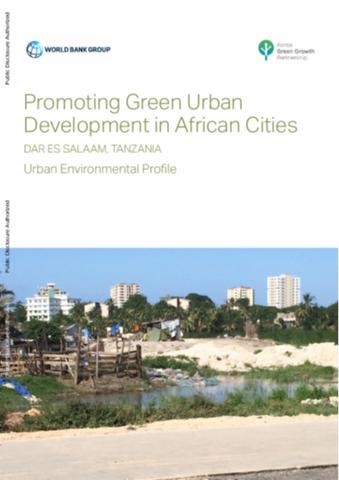Africa's Pulse, No.13, April 2016
Urbanization is a source of dynamism
that can enhance productivity and increase economic
integration, a principle evident from the experience of
today’s high-income countries and rapidly emerging
economies. Indeed, during the Industrial Age, no country has
achieved sustained increases in national income without
urbanization. If well managed, cities can help countries
accelerate growth and “open the doors” to global markets in





